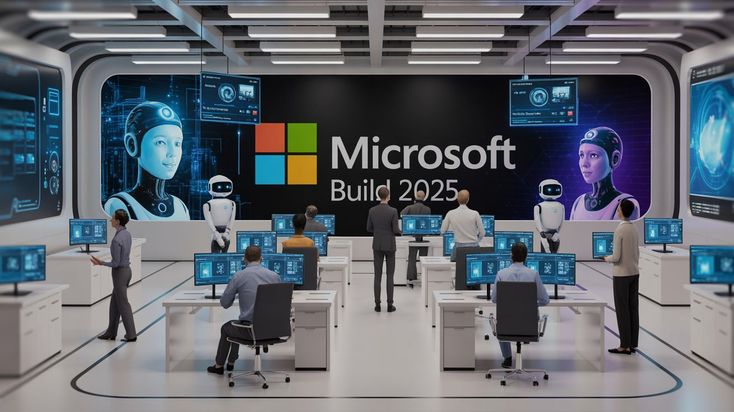
Microsoft Poaches Over 20 Top Engineers from Google DeepMind, Escalating Talent War
Jul 24, 2025 |
👀 812 views |
💬 0 comments
The fierce, high-stakes war for AI talent has reached a new boiling point. Microsoft has reportedly poached more than 20 top artificial intelligence engineers from rival Google DeepMind in recent months, a strategic raid that includes a key leader from the development of Google's flagship Gemini chatbot. This aggressive hiring spree is a clear signal of Microsoft's intent to dominate the AI landscape and deals a significant blow to Google's own development efforts.
The talent drain from Google's elite AI division to Microsoft has been a steady trickle over the past year, but this recent wave represents a major escalation. Landing a senior figure who was instrumental in the creation of Gemini—Google's direct competitor to Microsoft-backed OpenAI's ChatGPT—is a particularly sharp and strategic victory for Microsoft.
This isn't just about acquiring skilled coders; it's about acquiring invaluable institutional knowledge. These engineers bring with them deep, firsthand experience of Google's AI architecture, its development roadmap, and its strategic weaknesses. For Microsoft, this is a treasure trove of competitive intelligence. For Google, it's a critical brain drain at a time when the race for AI supremacy is more intense than ever.
The "talent war" in AI has become one of the defining features of the modern tech industry. The pool of individuals with the expertise to build and train large-scale foundation models is incredibly small, and companies are willing to pay astronomical sums to secure them. Salaries and compensation packages for top AI researchers regularly run into the millions of dollars.
This exodus highlights a potential vulnerability for Google. While DeepMind has long been considered one of the world's premier, almost academic, AI research labs, Microsoft, in partnership with OpenAI, has proven to be faster at productizing and commercializing cutting-edge AI. For ambitious engineers, the opportunity to see their work deployed rapidly to millions of users via Microsoft's vast enterprise ecosystem can be a powerful lure.
The implications of this talent migration are significant:
Impact on Google: Losing a critical mass of engineers, including senior leadership, could slow down the development of future versions of Gemini and other key AI projects. It forces the company to regroup and restructure teams at a crucial moment.
Boost for Microsoft: The influx of new talent with fresh perspectives and deep competitive knowledge will undoubtedly accelerate Microsoft's own AI initiatives, particularly its efforts to integrate AI more deeply into its Azure cloud platform and Copilot assistants.
As Microsoft continues its aggressive recruitment drive, the pressure mounts on Google to not only match the lavish compensation packages but also to foster a culture that can retain its most valuable minds. In the AI era, the most critical infrastructure isn't just data centers and chips—it's the human talent that turns them into magic. And right now, Microsoft is proving to be a master magician.
🧠 Related Posts
💬 Leave a Comment
